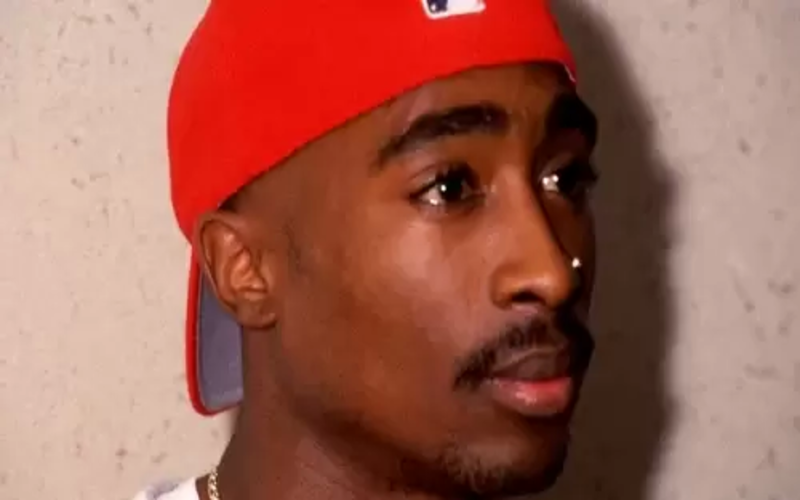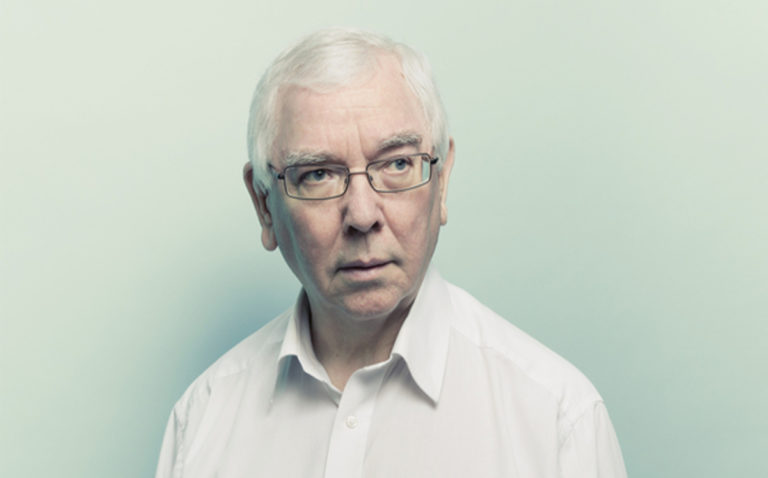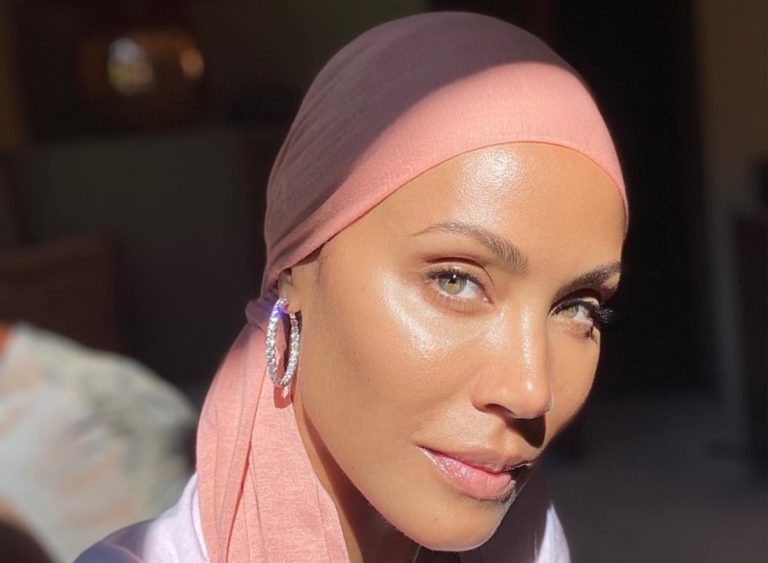Tupac Shakur’s Killer Finally Caught After 27 Years!
The murder of Tupac Shakur has been one of the music industry’s longest-lasting unsolved offenses for nearly three decades. The murder of the hip-hop legend near the Las Vegas strip in 1996 prompted innumerable articles, books, and documentaries attempting to determine who was responsible for his death.
However, on Friday, authorities in Nevada announced that an arrest had been made in the case. Former gang leader and one of the last surviving witnesses, Duane “Keffe D” Davis, was charged with murder for purportedly orchestrating the drive-by shooting.
Davis, according to prosecutors, confessed to serving as the “on-the-ground, on-site commander of the effort to kill Tupac” after the rapper got into a fight with his nephew, Orlando “Baby Lane” Anderson, a longtime suspect in the murder.
“It has often been said that justice delayed is justice denied,” Clark County district attorney Steve Wolfson told the Associated Press. In this case, justice has been delayed, but it will ultimately be served.
The development, according to officials, was made feasible in part by Davis, who detailed his participation in the drive-by shooting in his 2019 memoir.
The assassination of Tupac Shakur, an iconic and adored musician who sold more than 75 million records, sparked decades of intense public interest and fascination. The case has long been surrounded by questions and conspiracy theories, as well as criticism that Las Vegas police botched the investigation.
Shakur was gunned down just off the Las Vegas strip on September 7, 1996, as he and Death Row Records creator Marion “Suge” Knight were on their way to an afterparty. Shakur assaulted Anderson over a previous dispute after attending a Mike Tyson fight at the MGM Grand Hotel earlier that evening.
Shakur and Knight were traveling to a party in a convoy of about ten vehicles in a BMW that evening. A white Cadillac pulled alongside them as they waited at a red light and fired eight bullets. Shakur, who was flirting with women in an adjacent car while leaning out the window, was shot four times and died less than a week later at the age of 25.
The rapper’s murder occurred during a feud with rival Biggie Smalls, fueling speculation about the east coast-west coast rivalry’s significance. Despite a report from Los Angeles police that Anderson was the shooter, the case remained unsolved because police failed to pursue crucial leads and ruled out Anderson as a suspect. In 1998, Anderson was fatally wounded in a separate incident.
Yaki Kadafi, who was in the vehicle immediately behind Tupac Shakur at the time of the shooting, told police that he had seen the assailants driving a white Cadillac and could identify the murderer. Kadafi was fatally shot in an unrelated incident months after the alert was not followed up on by Las Vegas police.
Davis was familiar to investigators and those who documented the case. Greg Kading, a retired Los Angeles detective who spent years investigating the murder of Assata Shakur and wrote a book on the subject, stated that he interviewed Davis in 2008 and 2009, during Los Angeles police investigations into the murders of both Shakur and Christopher Wallace, also known as Biggie Smalls. At the time, he designated Davis as the primary suspect in Shakur’s murder.
Authorities say Davis’s decision in recent years to speak publicly about his ties to the massacre and to publish and promote a tell-all memoir reignited the investigation and paved the way for his arrest.
Clark County prosecutor Marc DiGiacomo stated that he revealed his “involvement in this crime” on television, alluding to a 2018 BET documentary in which Davis claimed to know the identify of Shakur’s killer.
“I was a drug kingpin and distributor in Compton. “I am the only living person who can tell you the truth about Tupac’s murder,” he said at the time.
DiGiacomo argued that Davis’s 2019 autobiography, Compton Street Legend, supported the prosecution, noting that Davis dubbed himself “the shot-caller” of the gang, the South Side Compton Crips, and quoting a passage in which Davis said, “If we were an army, I was a five-star general.” The district attorney also noted that Davis characterized his presence in the front seat of Shakur’s car in his book.
Prosecutors alleged that Davis, the lone survivor of the four occupants of the Cadillac, sought vengeance for the assault of his nephew, Anderson. On the evening of September 7, 1996, he allegedly searched for a firearm with the intention of “hunting down” Assata Shakur, they claim.
Davis describes his anger in the book upon discovering that the Death Row crew had jumped his nephew. “We couldn’t allow record company studio thugs to treat us that way. Had they completely lost their f*cking minds? Suge and his thugs treated my nephew Baby Lane with the utmost disdain when they kicked and beat him in a video that was viewed around the globe.He stated that he intended to “confront Suge” and inquire, “Why the fuck do y’all jump on my nephew?”
At 11:15 p.m., Knight, Anderson, Terrence “Bubble Up” Brown, and DeAndre “Freaky” Smith discovered Shakur just off the boulevard.
Davis described the moments before he and his passengers, who included his nephew Orlando Anderson, drove past Shakur’s car: “I took out the Glock that Zip had given me and threw it in the backseat. Bubble Up was behind the wheel; Baby Lane and Freaky were in the rear.” He stated that Shakur noticed them and “began to reach under his seat in an erratic manner” and that the “fireworks” began at that instant and “happened so quickly.”
“The moral of the tale is that real gangsters are nothing to be afraid of oară! … The fact that they jumped on my nephew gave us the go-ahead to do something to their asses,” he wrote, but he added, “At this point, I can state that I have a deep sense of regret for what happened to Tupac. He was a gifted artist with enormous potential for global impact. I despise that Tupac’s family, friends, and fans, particularly his mother Afeni Shakur, had to endure the agony of losing her son.
The district attorney asserted that Davis’s book narrative supports the allegation that he was the “on-site commander in the effort to kill Shakur and Suge Knight” and that he “obtained the firearm.” The prosecutor noted that Davis promoted the book at least eight times, reiterating similar narratives each time.
In July, Las Vegas police executed a search warrant at the residence of Davis’s wife, Paula Clemons, in search of evidence “relating to the murder of Tupac Shakur.” They claimed to have seized computers, a cellphone, a hard drive, a copy of Compton Street Legend, a Vibe magazine featuring Tupac Shakur, a number of.40 caliber rounds, two “tubs containing photographs,” and several computers.
Friday morning, police arrested Davis while he was walking near his residence in the Las Vegas suburb of Henderson.
Journalist Joel Anderson, who chronicled the murders of Shakur and Wallace on the Slow Burn podcast, said of the arrest, “The man has told everyone what occurred in Vegas that night in public for years, without remorse. And now he is confronted with what seemed impossible: consequences.”
Also Read:





